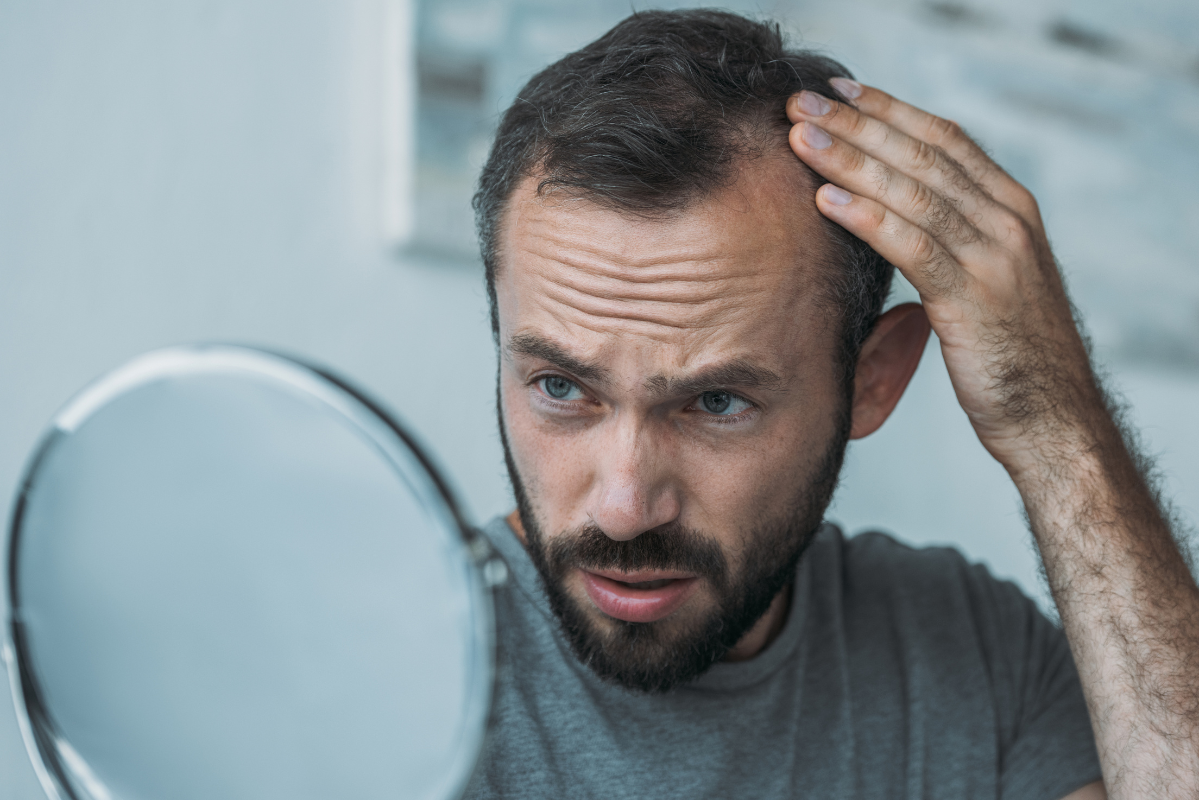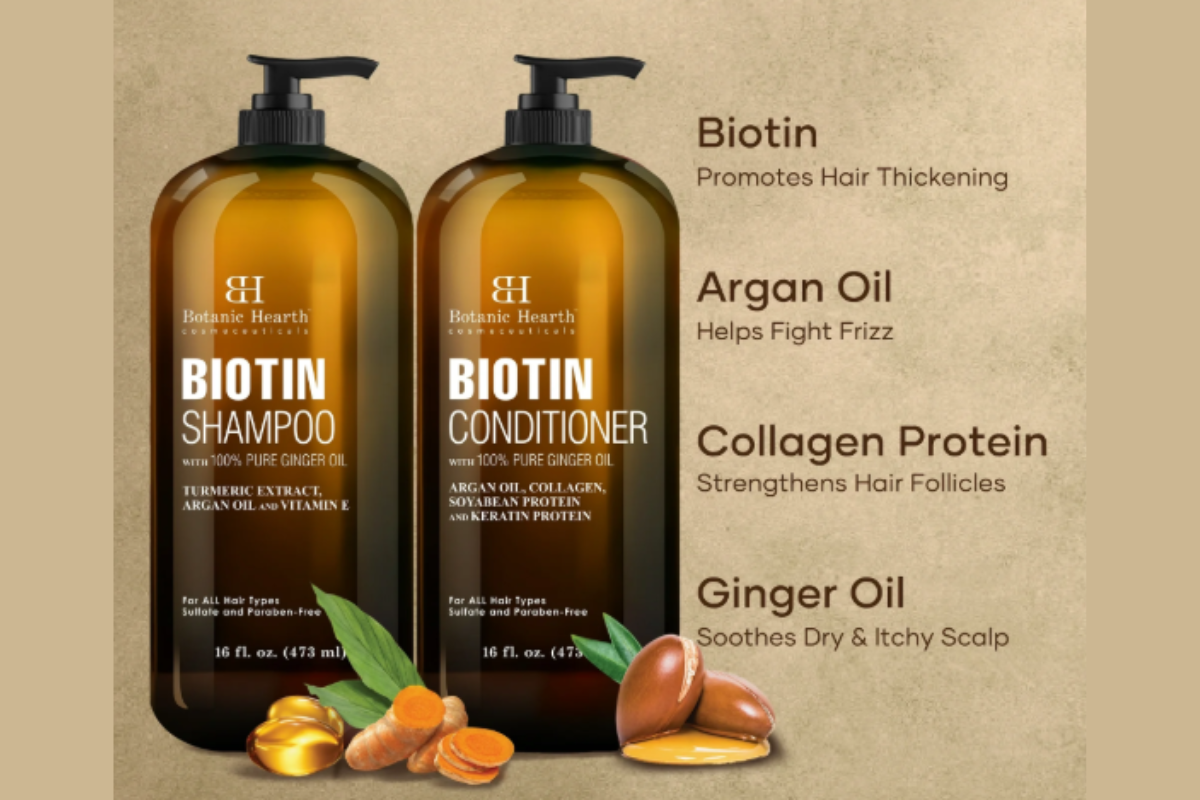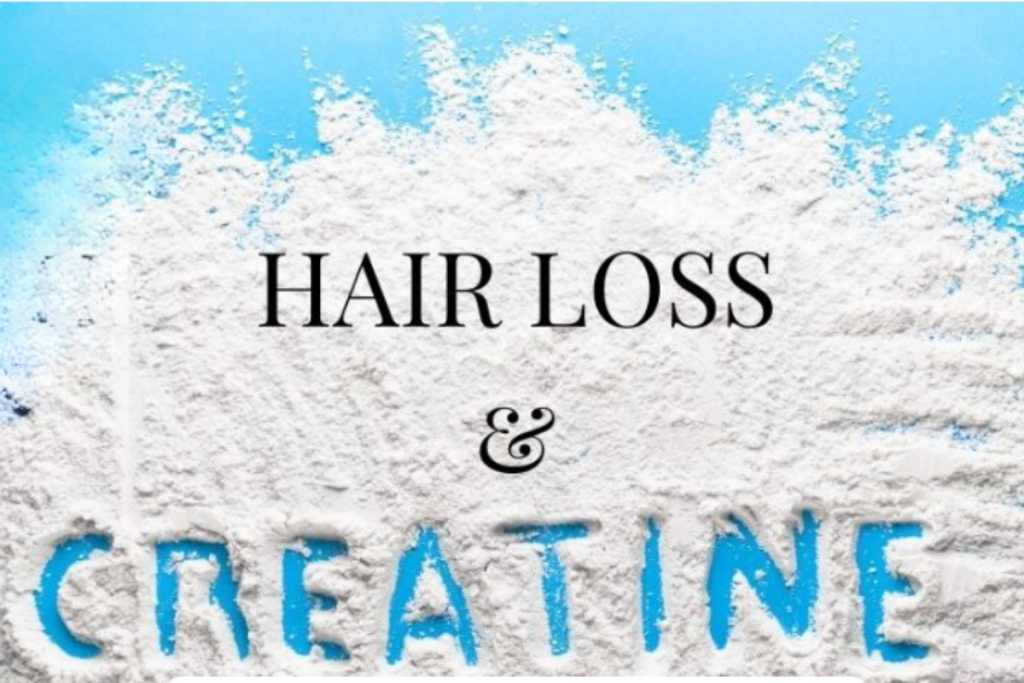For many men, the gym is a place of strength, discipline, and transformation. And if you’ve ever taken creatine to boost your workouts, you may have heard rumours that it could lead to hair loss. It’s a concern that causes plenty of hesitation especially for guys who are already noticing a receding hairline or thinning crown.
But does creatine really cause hair loss? Or is it just another fitness myth?
In this article, we’ll break down what science says, how Canadian weather and grooming habits play a role, and what to do if you’re concerned about hair loss while using creatine.
What is Creatine, Anyway?
Creatine is one of the most researched and widely used supplements for muscle performance. It’s a naturally occurring compound found in our muscles and brain, and we also get small amounts from foods like red meat and fish. In supplement form, creatine helps your muscles produce energy during heavy lifting or high-intensity workouts. It’s especially popular among men looking to build lean mass, improve strength, and shorten recovery time.
Where Did the Hair Loss Rumour Come From?
The idea that creatine causes hair loss began with a 2009 study that observed an increase in Dihydrotestosterone (DHT) levels in male rugby players who took creatine for three weeks. DHT is a hormone derived from testosterone and is strongly linked to androgenic alopecia commonly known as male pattern baldness.

Picture Credit: https://aderansuk.com/blog/does-creatine-cause-hair-loss
The key point? The study didn’t show actual hair loss only an increase in DHT.
Since then, no large-scale or long-term study has confirmed a direct link between creatine and hair loss. But because DHT plays a major role in hair thinning, especially for those genetically predisposed, it’s understandable why the concern still exists.
Genetics Matter More Than Supplements
If you’re predisposed to male pattern baldness (thanks, Dad), creatine might theoretically speed up the process but it won’t cause it out of nowhere. Think of it like this: creatine isn’t the reason your hair falls out, but it might add fuel to a fire that’s already burning.
For men with no family history of hair loss, there’s little to no reason to believe creatine alone will kick-start the problem.
Other Common Hair Loss Triggers
Before blaming creatine, it’s worth considering other common causes of hair thinning in Canadian men:
- Stress: Emotional or physical stress (including intense workouts) can cause temporary hair loss.
- Seasonal shedding: Many Canadians notice more hair fall in fall and spring.
- Hard water: Common in Ontario, hard water can dry out the scalp and weaken hair strands over time.
- Diet: Not getting enough iron, protein, or vitamins like B12 and D can lead to hair problems.
- Heat styling or tight styles: Constant use of hats, helmets, or pulled-back styles can stress the scalp.
In colder months especially, dry air combined with hot showers and indoor heating can make hair more brittle. If you’re also using creatine during this time, any extra hair fall may feel more noticeable but that doesn’t mean the supplement is to blame.
How to Support Hair Health While Using Creatine
If you’re still hitting the weights and want to keep your hair looking its best, here are a few tips to maintain a healthy scalp and strands:
1. Use a Gentle, Strengthening Shampoo
Opt for products with biotin, keratin, or caffeine to help fortify hair. Avoid harsh sulphates that can strip the scalp, especially if you’re washing more often due to sweating.
2. Wash Smart After Workouts
If you’re sweating daily at the gym, rinse your scalp regularly to clear away salt, oil, and residue but don’t overwash. Two to three times a week with a good shampoo is often enough.
3. Use a Conditioner Yes, Seriously
Conditioners help lock in moisture and reduce breakage, especially in dry Canadian winters. Choose lightweight formulas that won’t weigh hair down.

Picture Credit: https://www.walmart.com/ip/Botanic-Hearth-Biotin-Shampoo-and-Conditioner-for-Hair-Growth-16-fl-oz-Each/830358067
4. Get Regular Haircuts
Frequent trims keep ends healthy and reduce the appearance of thinning. Visiting a barber who is experienced in cutting hair with this issue can make a huge difference in your look and confidence.
5. Scalp Massages
A few minutes a day improves circulation and may encourage growth. You can do this with fingertips or a massage brush while applying a light hair oil.
6. Protect Your Hair From Hard Water
If your area (like much of South West Ontario) has hard water, consider using a shower filter. It helps reduce mineral buildup, which can weaken hair over time.
7. Manage Stress
Lift weights but don’t let stress lift your hair. Getting enough rest and managing anxiety supports overall health, including your hair.
When to See a Pro
If you’ve noticed more shedding than usual or thinning in specific areas, it’s worth talking to a doctor or dermatologist. They can rule out medical conditions or nutritional deficiencies. It’s also a good time to visit an expert who knows haircuts for such hair type, especially if you want a style that conceals thinning while keeping things fresh and modern.
Should You Stop Taking Creatine?
For most healthy men, creatine is safe, legal, and effective and there’s no solid proof that it causes hair loss. If you’re already prone to thinning hair, it might be wise to keep an eye on things, but there’s no need to panic or ditch your supplement right away.
Keep your grooming routine strong, listen to your body, and when in doubt, talk to a health professional. Whether you’re bench pressing or brushing your hair, your confidence comes from more than just what’s on your head.

